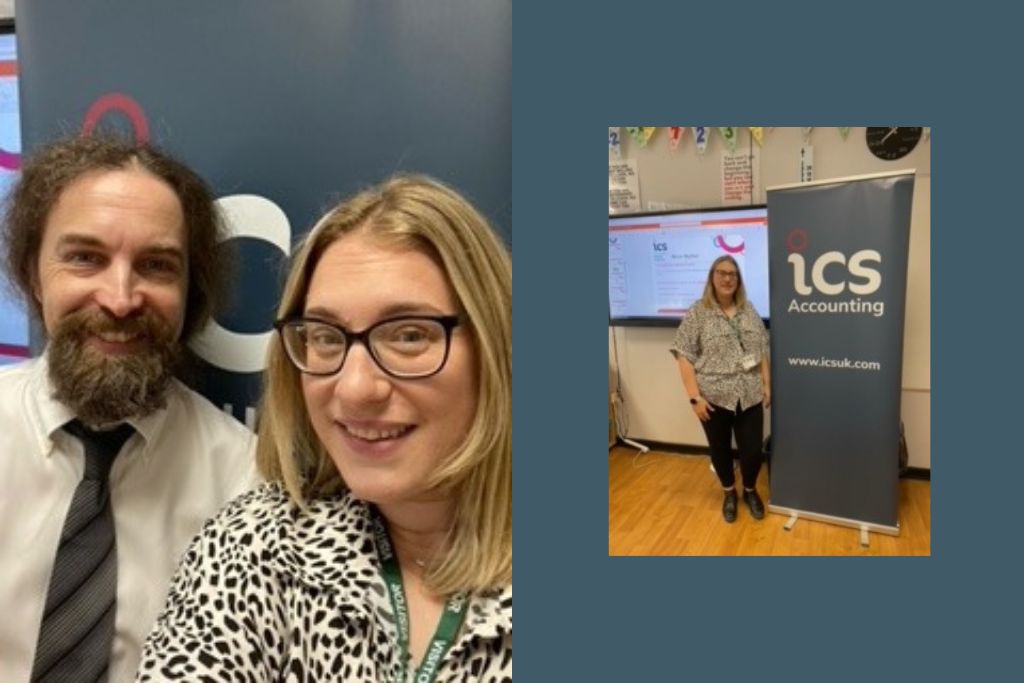Setting sail in the sea of formal employment, contracting, apprenticeships or self-employment can be a daunting enough experience for a young person without feeling out of depth about types of employment, wages and taxation. However, from tax codes to pensions, understanding the intricacies around the world of work is crucial for staying solvent, secure and on the right side of legislation.
Let’s face it, the word of work is changing faster and faster, often out of all recognition from the structured employment journey many of us embarked on at a similar age, with next steps in study, employment and the wider world already in the sights of Year 11 and 13 students. Read on for some simple explanations of commonly used words and phrases.

Essential Earnings Management
Many tried and tested financial practices don’t change, and for very good reasons, including:
Budgeting: Establishing a budget creates financial stability, from paying bills on time and categorising expenses to saving for planned major expenses like a car or house deposit and building an emergency fund for life’s little sideswipes.
Managing Credit: Temptingly on offer everywhere, from shopping credit like Klarna to credit cards, car finance, overdrafts and mortgages, recognising credit for what it is (replacing the word “credit” with “debt” can be a good habit), picking the right options at the right time for the right reason, and managing repayments are all crucial for long-term financial health.
Retirement Contributions: The primary contender for “it’s never too early to start”, whether employed or self-employed, understanding employer-sponsored, private and state pensions are vital for a happier later life.
Investing: Whether you have £500 for £5 to spare, learning the basics of investing- or the right, independent, accredited experts to go to for advice- can grow wealth over time.
Taxation
Often one of the least understood and most feared aspects of finance, understanding the intricacies of taxes and managing earnings is crucial for young adults embarking on their journey into the workforce.
Earned Income: Including salaries, self-employment income, job and contract-specific pay, umbrella and IR35 pay, taxable and non-taxable income.
Filing Status: Including employment and marital statuses, career changes and breaks, which affect tax rates, codes and deductions.
Tax Deductions and Credits: For a young person especially, this could include student loan interest, grants, education and training expenses, or tax credits.
Tax-Efficient Financial Practices: From determining if self-employed or umbrella company employed is more appropriate and beneficial, offsetting education and health savings credits and to tax-advantaged long-term savings like ISAs and Individual Retirement Accounts (IRAs).
Types of Pay and Employment:
Long gone are the days of “a job for life”, joining one company from straight out of school to the final handshake and carriage clock. With more opportunities to move between careers, companies, contracting and self-employed opportunities, choices are greater for young people than ever before.
While some schools are providing excellent financial teaching as part of the Personal, Social and Health Education (PSHE) curriculum, this does not apply to all. ICS Accounting are increasingly partnering with local schools and academies to provide the information and support, including assisting career advisors, speaking at school assemblies, delivering workshops, and offering work experience.
Direct Salary Employment: The “traditional” method of employment, where you are directly employed by a company, receiving a salary through PAYE, with deductions like income tax and National Insurance already taken and paid to HMRC by your employer.
Self-Employed: Individuals who work for themselves rather than an employer, this can include freelancers and consultants, while a contractor is also typically hired to perform specific tasks or provide services for a defined period under the terms of a contract. Responsible for managing their own business activities, finances, and taxes.
Limited Company: A limited company is a legal structure and separate legal entity from its owner, with a higher opportunity level of tax efficiencies and legal protection, but also more statutory and financial obligations than other business models.
Umbrella Company: Umbrella Companies act as intermediaries between workers, agencies and their end clients, handling administrative tasks such as payroll, taxes, and legal compliance. Workers receive payments through the umbrella company, enabling flexibility and peace of mind while retaining many employee benefits and statutory rights. The fastest-growing method for payment for the modern workforce, getting under an umbrella is increasingly the preferred option for contractors starting out, growing their business, working on shorter-term and multiple contracts, or inside IR35.
Disguised Employment / Off-payroll working: A less common practice compared to umbrella payment, the incorrect loophole of some companies incorrectly categorising direct employees to sidestep correct tax liabilities has recently been outlawed by IR35 government legislation. However, as a great example of complex tax legislation which is easily misunderstood and administered incorrectly.
Want to know more about IR35? Click here to be taken to our IR35 Hub.
Setting Off on the Right Career Path with ICS Accounting
It’s never too early to equip our young people with the financial tools, options and support to see them secure and savvy throughout their career.
Experienced, proactive, constantly up-to-date and down-to-earth, we ensure the team at ICS Accounting take the fear out of tax from the outset.
We’ve years of experience supporting contractors, freelancers and small businesses in all aspects of payment and taxation, and we want to make it simple and stress free.
To discuss your own or your family’s requirements with one of our friendly team you can chat to us online, call us on 01524 580720, or email info@icsuk.com.



















